Description
Epithalamin is a peptide that is derived from the pineal gland, which is a small gland located in the brain. It was first discovered and isolated in the 1970s by Russian researchers and has been studied primarily for its anti-aging and health-promoting properties.
What is Epithalamin?
Epithalamin is a peptide complex that is thought to have neuroprotective, anti-aging, and immunomodulatory effects. It is composed of several smaller peptides, including epithalamin, which is derived from the pineal gland. The pineal gland is known to produce melatonin, a hormone that regulates the sleep-wake cycle. Epithalamin is often associated with melatonin, but it has its own unique biological effects.
Mechanism of Action:
Epithalamin works by interacting with the pineal gland and other systems in the body to exert its effects. Some of the mechanisms include:
-
Regulation of Melatonin Production:
-
Epithalamin is thought to influence the production of melatonin. Melatonin is a hormone that plays a critical role in regulating the circadian rhythm and promoting sleep. Epithalamin may help regulate melatonin levels, contributing to better sleep quality.
-
-
Antioxidant and Anti-Aging Effects:
-
Epithalamin has been shown to have antioxidant properties, helping to neutralize free radicals and reduce oxidative stress, which is a key contributor to aging and various diseases.
-
It is believed to help slow down the aging process by acting on cellular repair mechanisms and enhancing the body’s natural ability to cope with stress and damage at the cellular level.
-
-
Immune System Modulation:
-
Epithalamin has immunomodulatory effects, meaning it can regulate the immune system, potentially enhancing the body’s ability to fight infections and reducing inflammation.
-
-
Improved Longevity:
-
Some studies have suggested that Epithalamin may contribute to longevity by protecting against age-related diseases such as cardiovascular disease, diabetes, and neurodegenerative diseases like Alzheimer’s. Its ability to reduce oxidative stress and regulate melatonin production is thought to have a role in this effect.
-
-
Neuroprotective Effects:
-
Epithalamin has been shown to protect the nervous system and may help improve cognitive function, particularly in aging individuals. It is believed to enhance brain plasticity, protect neurons, and potentially delay the onset of age-related cognitive decline.
-
Uses of Epithalamin:
-
Anti-Aging:
-
Epithalamin is most commonly used in the field of anti-aging medicine due to its potential to reduce oxidative damage and promote cell regeneration. It is believed to help extend lifespan by influencing the aging process at the cellular level.
-
-
Improving Sleep:
-
Because of its relationship with melatonin production, Epithalamin may improve sleep quality, regulate the sleep-wake cycle, and address conditions such as insomnia and jet lag.
-
-
Cognitive Enhancement:
-
Some studies suggest that Epithalamin has the potential to improve cognitive function, protect against age-related neurodegeneration, and potentially help with conditions like dementia and Alzheimer’s disease.
-
-
Immune System Support:
-
Epithalamin is also used for its ability to boost immune function and protect the body from infections and illnesses by modulating immune responses.
-
-
Enhancing Physical Performance:
-
Some athletes use Epithalamin in the hope of enhancing recovery and reducing fatigue by improving mitochondrial function and cellular regeneration.
-
Administration of Epithalamin:
Epithalamin is generally administered via subcutaneous injections. The typical dosage can vary depending on the specific use case, but the recommended dose usually ranges from 5 to 10 mg per day, depending on individual health needs. The course of administration is often prescribed for 1 to 2 months.
-
Subcutaneous Injection: Epithalamin is commonly injected into the fatty tissue of the abdomen or thigh, similar to other peptides or hormones used for health and wellness purposes.
Side Effects and Risks:
Epithalamin is generally well-tolerated, but like any peptide or supplement, it may have some side effects:
-
Injection site reactions (pain, swelling, redness).
-
Fatigue or dizziness.
-
Nausea or upset stomach (in rare cases).
-
Allergic reactions (though very rare).
Because Epithalamin influences hormonal pathways (like melatonin), it’s important to be cautious if you have any hormonal imbalances or immune disorders. Always consult with a healthcare provider before starting any new therapy.
Conclusion:
Epithalamin is a peptide derived from the pineal gland with neuroprotective, anti-aging, and immune-modulating properties. It is primarily used for its potential to slow down aging, improve sleep, and boost cognitive function. It has antioxidant effects and may help promote longevity by reducing the impact of oxidative stress on cells. While promising, Epithalamin is not widely available in many countries and should be used with caution under the guidance of a healthcare professional. Its benefits in the context of anti-aging and cognitive health continue to be explored in scientific research.





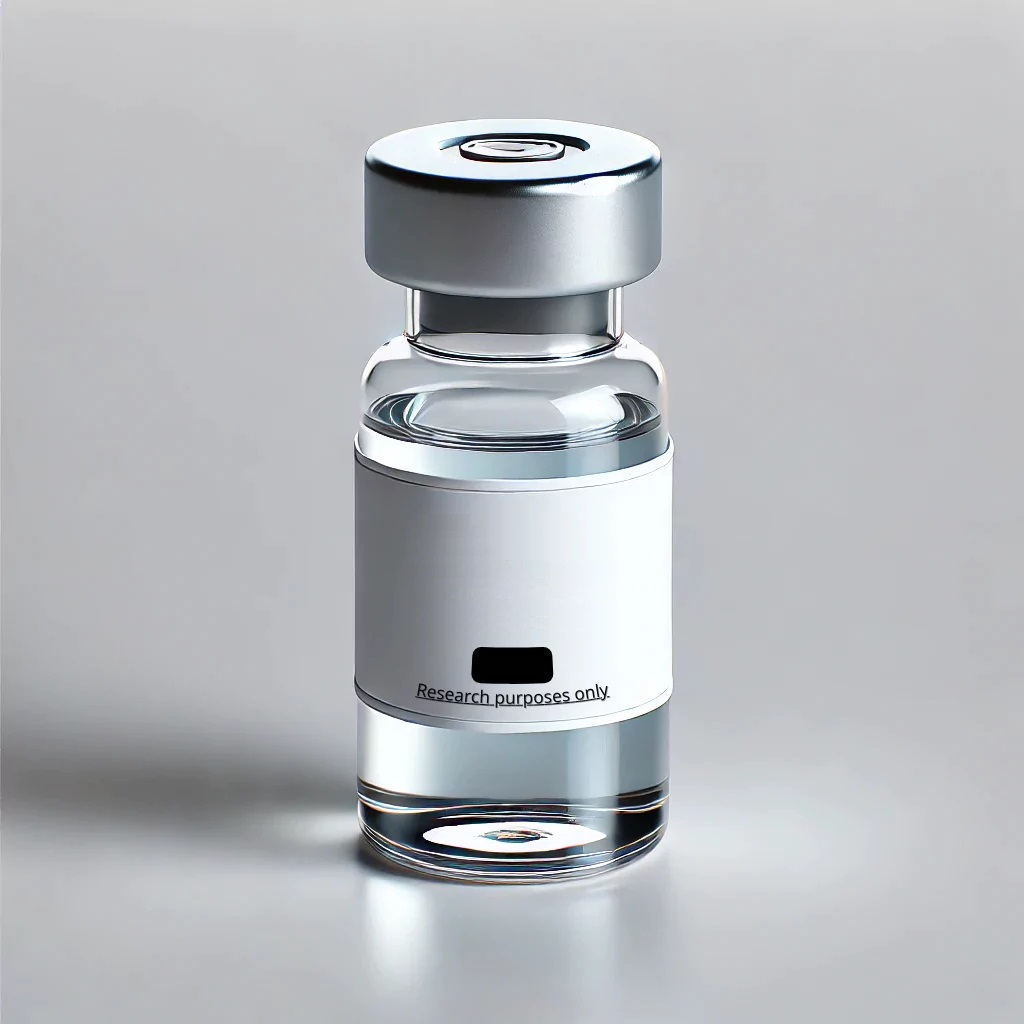
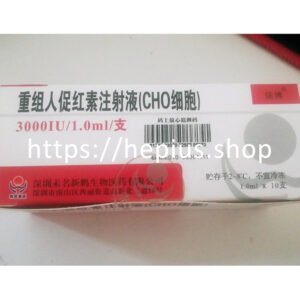
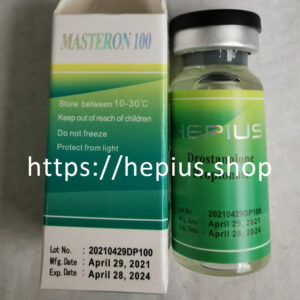
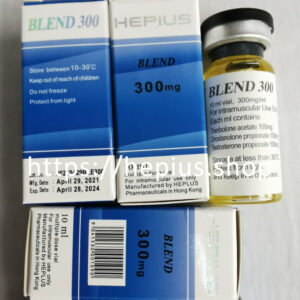
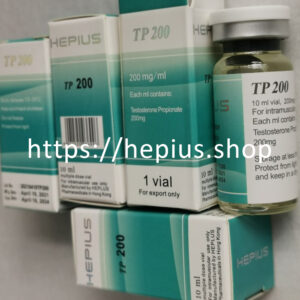
Reviews
There are no reviews yet.